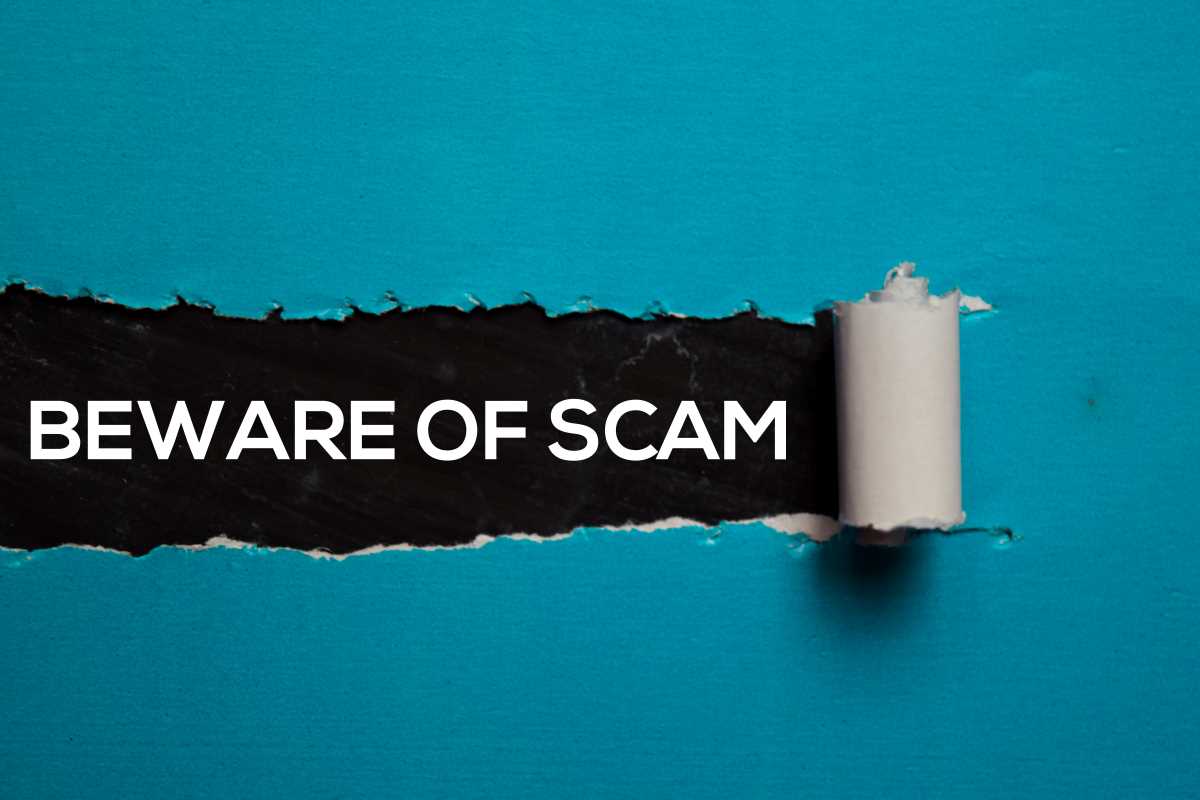
You’ve hired a photographer to capture every magical moment of your special day, only to find out at the last minute that they’ve disappeared without a trace.
BBB has received reports of wedding photographer scams on BBB Scam Tracker. Some scammers take couples’ money and disappear before the big day, leaving couples scrambling, while others never receive the treasured photos they paid for in advance.
How the scam works
After searching online for a wedding photographer, you find one you like on social media or another wedding vendor site and reach out. After discussing the details and confirming your wedding date with the vendor through email or social media, you decide to book them. You sign a digital contract and send your deposit through a peer-to-peer payment app. Your final payment will be due just before your wedding date.
This type of scam can take a few different turns as wedding dates approach. Some brides report after making the final payment to the photographer before the wedding, the photographer reaches out a few days before the big day to cancel. In other instances, the photographer may not show up to the wedding at all. When you try to contact the photographer to get your money back, they are unresponsive, or their contact information no longer works.
One person shared their experience with BBB Scam Tracker, “After receiving my money, she stopped contacting me and all of her contact information went out of service. After digging I found she had done the same if not worse to 30+ other brides, some who never received their wedding photos.” This person reported losing $1,700. Another report states, “…She began the process of setting up a plan for our wedding day. She took our deposit. She took our payment in full the week before the wedding. She cancelled two days before the event and kept the entirety of the money.” This person reported losing $5,300.
Other couples say that the scam doesn’t take place until after the wedding when waiting for their photos to arrive. Another BBB Scam Tracker entry reads, “…He charges a deposit and has you sign a contract. Full payment is due before the wedding/event and he would either show up and do the work and you never hear from him again or he doesn’t show up at all, either way you never get any photos [or] videos and he stops all contact with you.” They reported losing $2,400.
How to avoid vendor scams
Do your research ahead of time. Before you book with any vendor, look at several sources for ratings and reviews. Don’t rely on one website. A great place to start is BBB.org, where you can check the business’s BBB Accreditation and read complaints and reviews. If you suspect a potential scam, search BBB Scam Tracker to see if any reports have been filed.
Check out the photographer’s online presence. In addition to reading ratings and reviews, look for the photographer’s website and social media pages. Photographers usually share their work on social media, so seeing a long history of happy clients on their pages is typically a good sign.
Use caution on social media. Be wary of booking services with someone who only operates and communicates through social media. If you can’t find anything else online about the photographer, obtain some references from the photographer and call them to get feedback.
Ask for a phone call or in-person meeting. Before booking your photographer, ask to speak on the phone or to meet in person to finalize the details and sign the contract. If the photographer refuses a phone call or a meeting, take that as a warning sign.
Review your contract and keep it on hand. Check that the terms and conditions meet your expectations, especially regarding cancellations and refunds. Confirm the details for the day of the wedding and the expected turnaround time to receive your edited photos. Review the terms for making your payments, and make sure the contract includes the photographer’s contact information. Be sure to ask for a copy of the contract that is signed and dated by both you and the photographer.
Peer-to-peer payment apps can be a red flag. Businesses that only accept payments through peer-to-peer payment apps can be a red flag for a scam. If you’re being asked to send a large amount of money through one of these apps, ask if you can instead pay via a different method like a credit card, cash, or cashier’s check.

